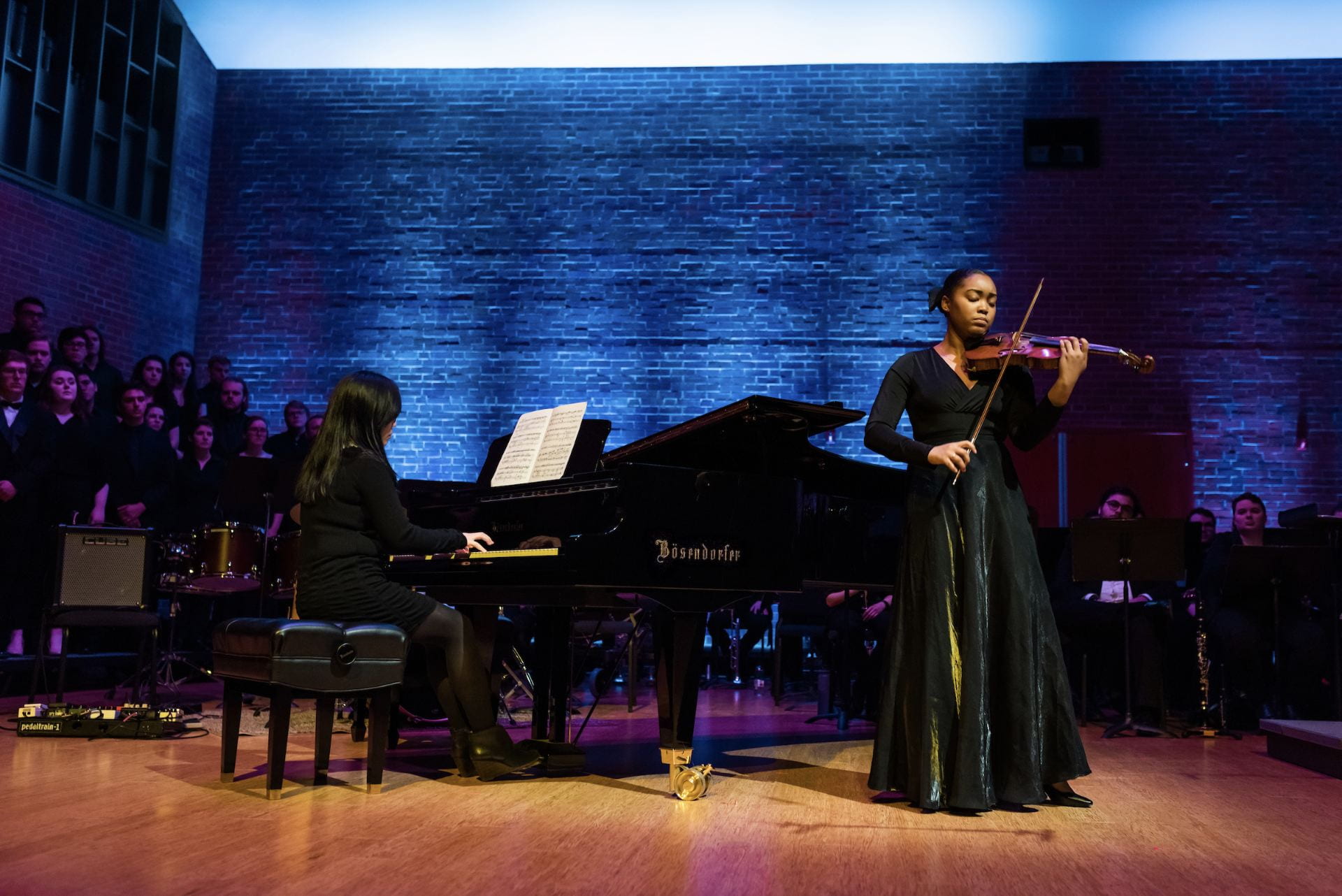
CHALLENGES 2019-2020 | Reliving one of my most challenging and heart-breaking years through the writing of this blog has been more difficult than I imagined it would be. Dragging 2019 baggage into 2020, my family suffered a catastrophic oil spill in my childhood home. This displaced my family while I was away at school. I came home to a two-bedroom Residence Inn and all of the challenges that came with practicing in a hotel. Over the winter break stretching into 2020, I had to prepare summer program auditions in the exercise room of a hotel, teach virtual lessons in front of a bathroom sink, and practice around the housekeeping schedule and the schedule of my sister who was still trying to complete her homeschooling. My family juggled this charade for three months, part of which I missed as I returned back to campus. In the midst of my second move in just 2 months, my faith in God gave me the courage to keep moving forward. During my brief time on campus, I had the honor of performing for PRISM in Harold J. Kaplan Concert Hall as a soloist and with the TU Symphony Orchestra under the baton of Dr. Christopher Cicconi. Also during this time, I rehearsed with my amazing piano trio, The Apologia Trio, coached by Professor Cecylia Barczyk.
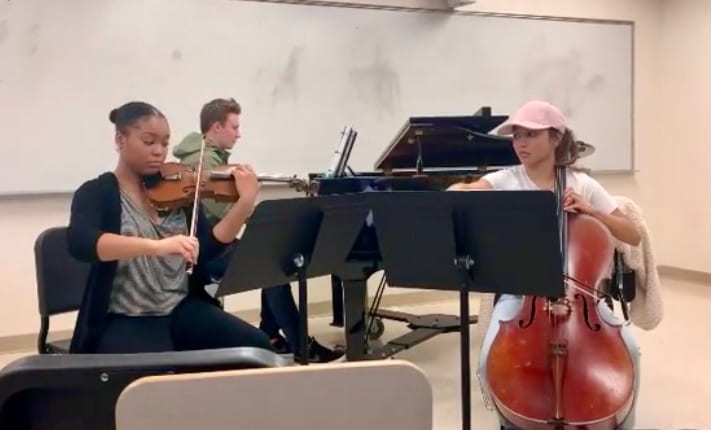
Just as I thought life had thrown all of its surprises, COVID hit in a mighty way. I thought I was just going home for a week for spring break, yet I stayed for the rest of the semester. During spring break my family was surprised yet again, we had to find more space to move all of my things off-campus. Over a weekend, my family moved to a rental house, then the following day moved me off-campus. Now navigating online learning and a new space with different acoustics, I was feeling overwhelmed, and then I received the upsetting news: a dear friend had lost his life at the hands of suicide. I was devastated. I had never lost a friend before; I was not even sure how to grieve. I am eternally grateful to Marsha Becker, my Alexander Technique teacher. She guided me through the grief process and helped me to see the importance of cherishing moments with people. Marsha helped me to honor his life, draw from the wisdom he imparted, and use his talent and artistry as inspiration. Little did I know, she was preparing me for even greater devastation.
All of my life I have been very family-oriented. For as long as I can remember, my family and I have always visited my maternal grandparents weekly. Since they are my only living grandparents, visiting them was incorporated as a vital part of our schedule. COVID hit really hard as we could no longer visit my grandparents. During this time, my grandfather fell ill and was admitted to the hospital twice for a non-COVID-related complication. The second time he did not return home to us. The passing of my grandfather has been one of the hardest trials that I have ever faced in my life. My Pop-pop is one of my greatest inspirations. He loved Italian opera and would often sing to all of his grandchildren. Some of my fondest memories are cooking with him while he sang opera and told stories. My grandfather was a chef, so being his helper was a great honor. Knowing that he overcame segregation, an absent father, and extreme poverty during his life taught me true perseverance. Reminiscing over his life as the patriarch of our family —a loving husband, a supportive father and grandfather — I knew what kind of person I wanted to be.
SUMMER 2020 | Stumbling through the end of the spring semester, I still had to prepare for the summer. Not every summer opportunity panned out; however, God had a plan. Every summer since I was 15, I spent my time at fully funded summer programs developing my skills on the violin. Summer 2020 caught a lot of programs off guard. Not only were many canceled, but the online programs often were not fully funded. After the debacle with our house situation, my family and I were just unsure how we would afford a summer program. Along came The Black Violin Foundation to fill that need. The Black Violin Foundation provides a substantial scholarship for young artists to participate in summer programs, fund private lessons, and help to pay for books and courses throughout the semester. Their scholarship allowed me to participate in InterHarmony Music Festival as well as continue my summer studies with Dr. Jeffrey Howard, Associate Professor of Violin at TU.
During the summer I really pushed as though the spring semester never ended. This was not in my best interest; however, I did not realize how much I had overworked myself until I was preparing for a summer opportunity and completely crashed. I usually listen to my body and take care of my mental health, but I just hadn’t taken time to deal with the heartbreaks. I had worked myself to the point of excruciating pain and complete mental exhaustion. There was no way around it, I just had to take a break. After taking time off, I slowly got back into shape to prepare for my summer program and the rest of my lessons for the summer. I learned a valuable lesson: as an artist, you never want to stop perfecting your craft, but it’s so important to take care of your body. Mental and physical breaks are invaluable to the longevity of an instrumentalist.
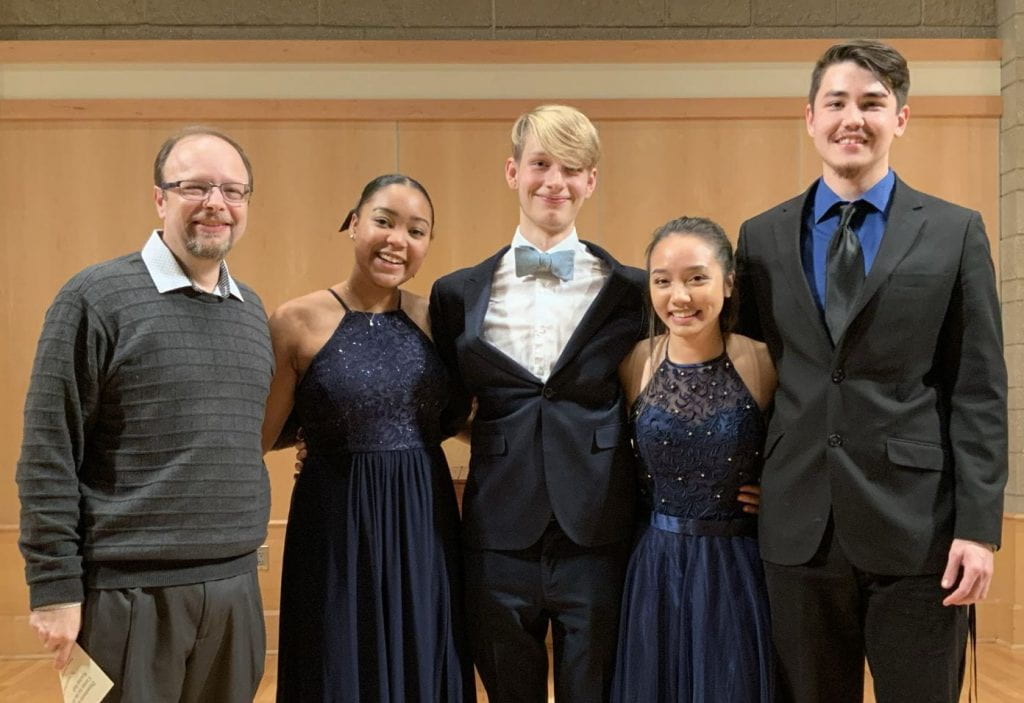
FALL 2020 | As the 2020 fall semester began, I was faced with yet another challenge: ensembles and lessons over Zoom. This was a growing period for my quartet (The Chariot String Quartet) and me. Facilitating online quartet rehearsal has been a challenge, to say the least. As we were thrown into online learning without all the proper equipment, our group navigated playing over Zoom and the challenges of distanced in-person rehearsals and concert recordings. As we worked to make the best of the situation, The Chariot Quartet grew closer and performed our best concert to date. Having been together since freshman year, we have endured many ups and downs, yet even Zoom University and COVID could not keep us down.
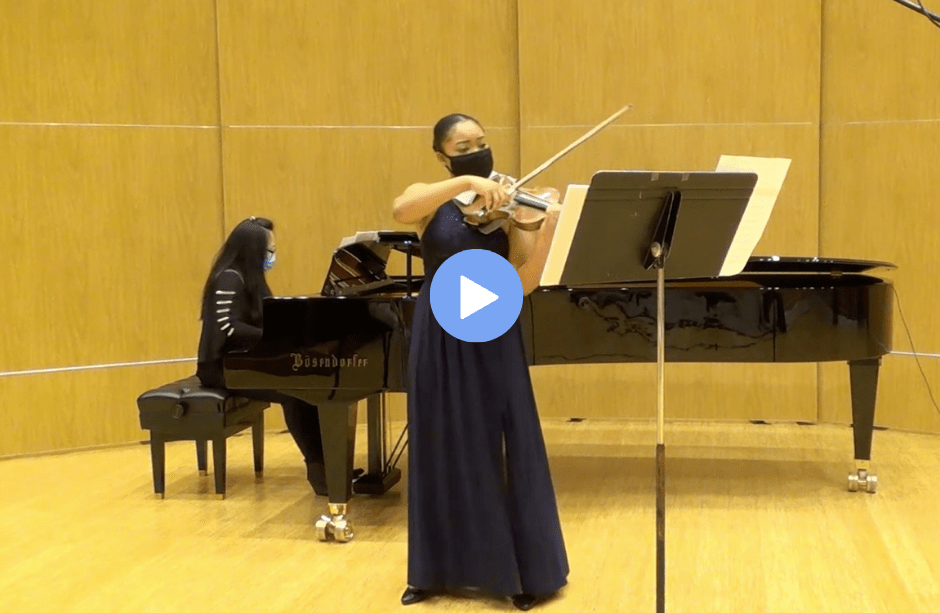
FRIEDMANN-GORDON PREPARATIONS | Preparing for the Friedmann-Gordon Competition, I found it incredibly hard to stay motivated as I was no longer surrounded by friends and other musicians. As an artist, you have to be your own inspiration and find your own unique voice. In the midst of my preparation, I had a pivotal lesson that changed my mindset. In this lesson Dr. Howard encouraged, “Be the artist you were meant to be. You have something to say, so share it.” Before this moment, I had always looked at myself as a student, not a young artist with something to share. I realized that my voice matters, and what I have to say through music can only be expressed if I become vulnerable enough to display my true self. For the first time in my musical career, I dared to be myself and share the music with my audience without the barrier created by fear of mistakes or of anxiety that my audience would not like my interpretation. Had I not made this shift, I do not believe I would have won the competition. Facing these challenges has reaffirmed my faith, developed my musicianship skills, helped me to become my own inspiration, and produced a more resilient version of me.
CLOSING THOUGHTS | I have always liked to control as much of my life as possible, as do many people. When my world turned upside down, there was nothing that I could do but hold onto my faith and look to the Lord to bring me through. There is so much of life that we cannot control, and sometimes you just have to go with the flow and try to find the beauty in every new turn that life takes. As I live my life, I aim to follow the example of my Grandma and continue the legacy of my Pop-pop by being a caring, God-loving person who pours into others’ lives through my music. When I think back on 2020, though some might see extreme tragedy, I see a beautiful opportunity for growth. I grew closer to my family, strengthened my faith, created strong bonds with my quartet members, built relationships with friends who have become family, and found my voice in music.
ENCOURAGEMENT | My teacher, Dr. Howard, always says that while my path might look different from the paths of others, it will be the perfect one for me. I think he was specifically referring to my journey as a violinist, but his advice really can be applied to my life as a whole. My course has been bumpy, to say the least, but it’s a beautiful journey that is growing me into the artist and person that I am meant to be. My hope in the midst of my trials has been Psalms 121:1–8 NLT
“I look up to the mountains— does my help come from there? My help comes from the Lord, who made heaven and earth! He will not let you stumble; the one who watches over you will not slumber. Indeed, he who watches over Israel never slumbers or sleeps. The Lord himself watches over you! The Lord stands beside you as your protective shade. The sun will not harm you by day, nor the moon at night. The Lord keeps you from all harm and watches over your life. The Lord keeps watch over you as you come and go, both now and forever.”
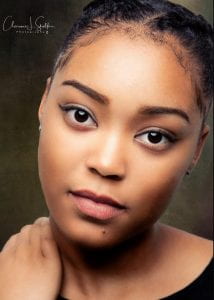 BIO | Currently, the concertmaster and section leader of TU’s Symphony Orchestra, Gabrielle Stanback is a third-year music performance major. She also serves as assistant to the conductor and orchestra manager, manager and 1st violinist of the Chariot String Quartet founded at TU, and sectional coach for the Chesapeake Youth Orchestra.
BIO | Currently, the concertmaster and section leader of TU’s Symphony Orchestra, Gabrielle Stanback is a third-year music performance major. She also serves as assistant to the conductor and orchestra manager, manager and 1st violinist of the Chariot String Quartet founded at TU, and sectional coach for the Chesapeake Youth Orchestra.
As an acting member of the COFAC Student Advisory Council, Gabrielle is the music department representative. Competing regularly in competitions at TU and abroad, she has recently garnered 1st place in the 2020 Friedmann-Gordon Scholarship Competition, earned a 2020 inaugural Black Violin Foundation Music Innovation Grant, received the 2019 Congressional Black Caucus Performing Artist Award, and won the 2018 Symphony Orchestra Concerto Competition. For the past two years, she has enjoyed the privilege of adjudicating the Maryland All State Orchestra for the Maryland Music Educators Association and is a private lesson teacher in the Baltimore county area for beginning students.
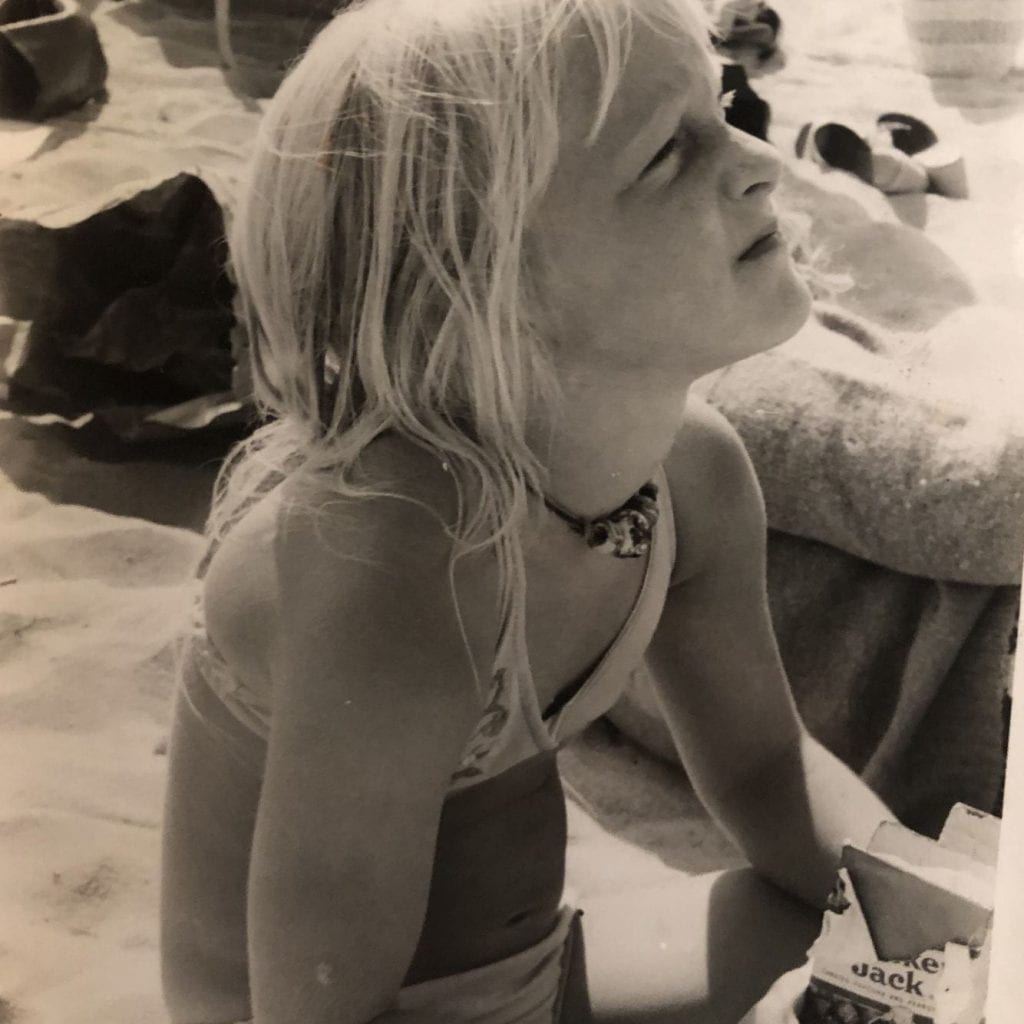
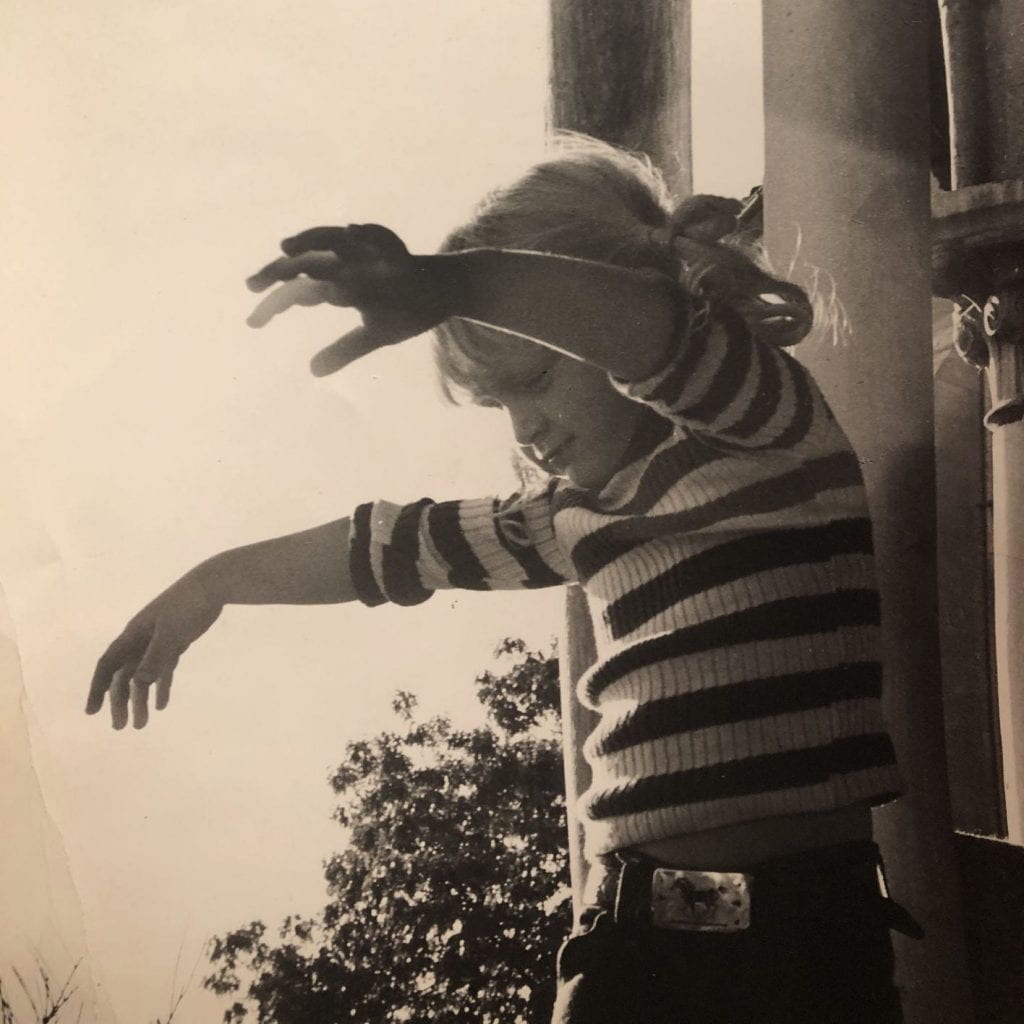
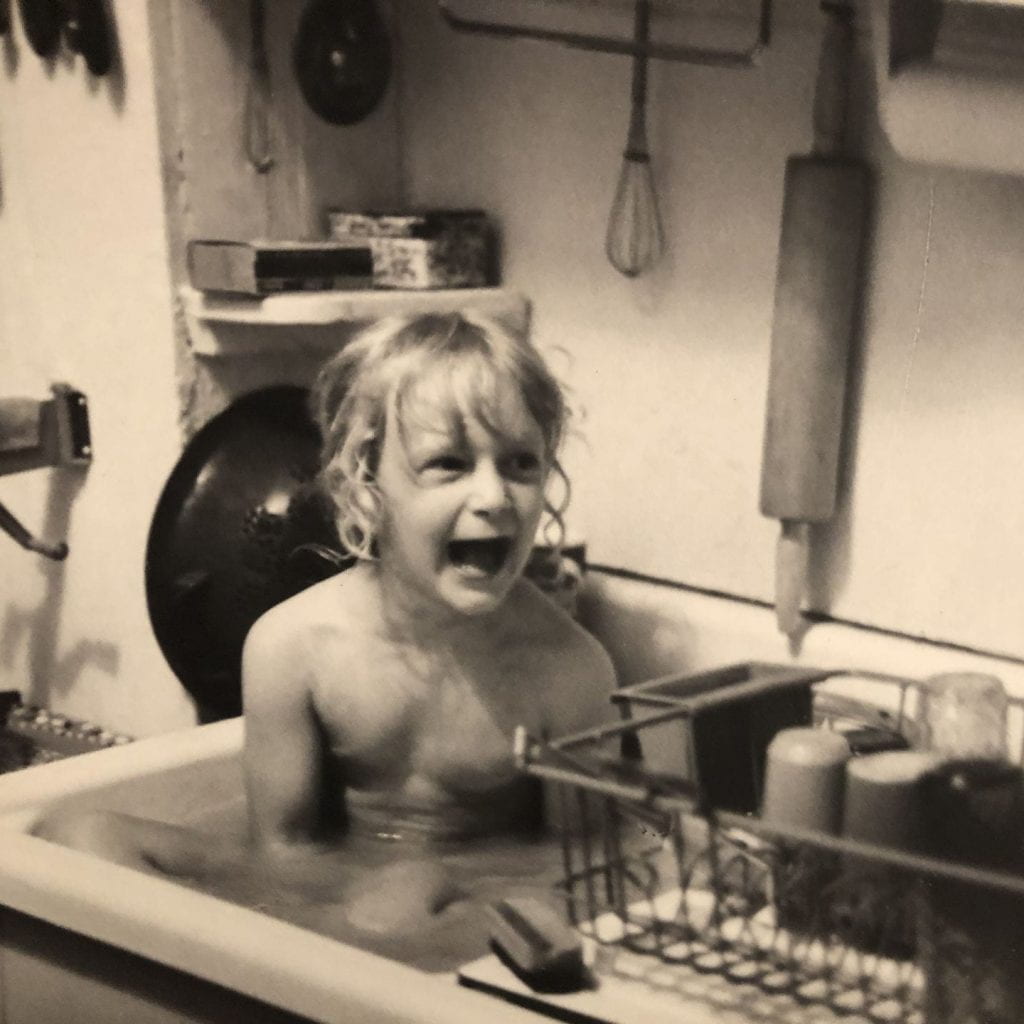
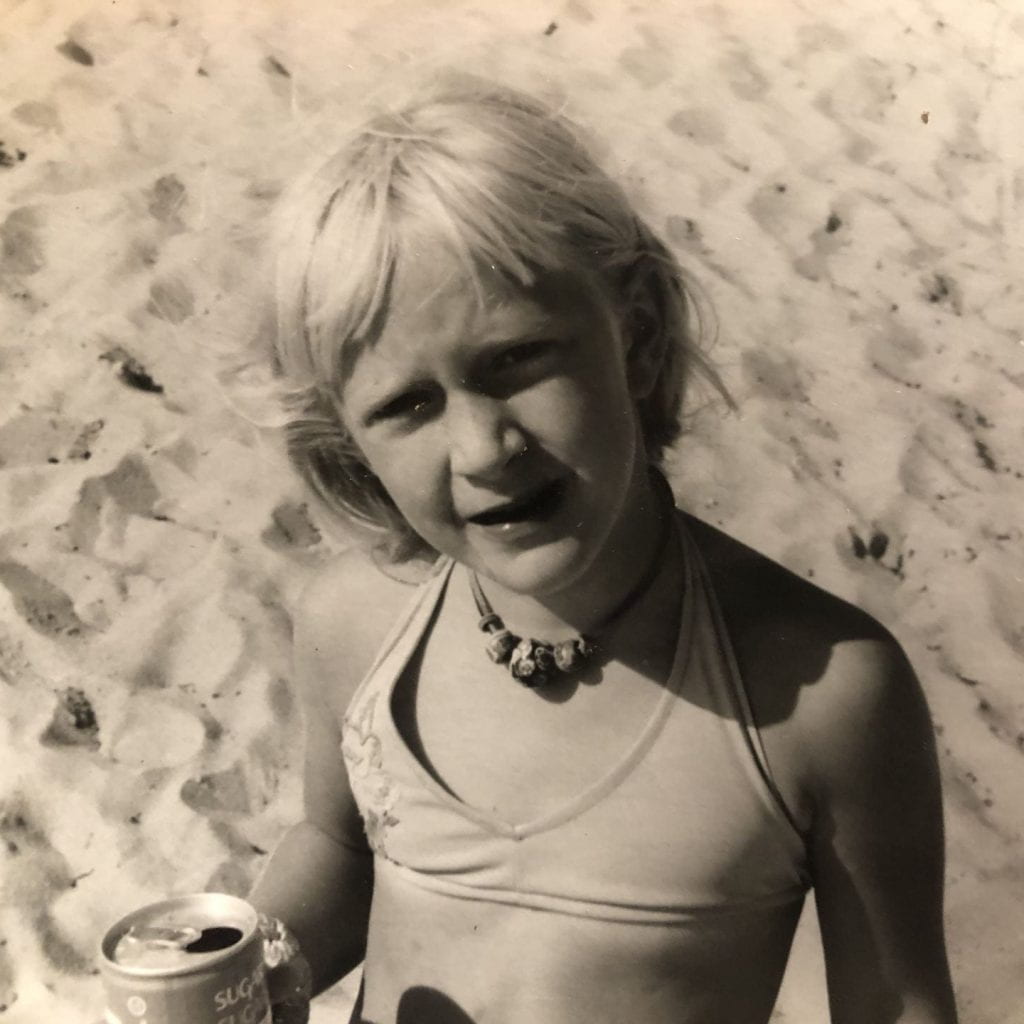



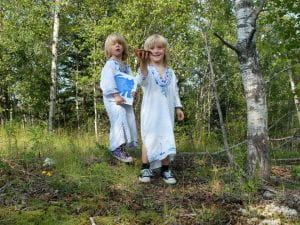
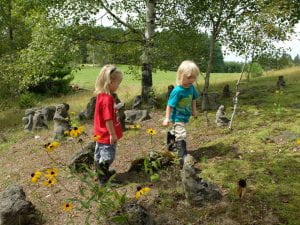 Having long blond hair and hand-me-downs in fuchsia, these boys were often assigned gender by others. They didn’t mind because it was normal. We taught them about evolution, how we are all from Africa, and that assigning a color to gender would be like assigning food to gender. Mommy gets to eat all the chocolate because she is a girl! Since I got pregnant late and the boys arrived early, they were asked to participate in a study. We agreed and took advantage of the perks that came along with it. Nurses would come to our home, observe, and track the boys’ development through cognitive tactile tests. They did beautifully until their last session, the exit interview when they “lost a few points”.
Having long blond hair and hand-me-downs in fuchsia, these boys were often assigned gender by others. They didn’t mind because it was normal. We taught them about evolution, how we are all from Africa, and that assigning a color to gender would be like assigning food to gender. Mommy gets to eat all the chocolate because she is a girl! Since I got pregnant late and the boys arrived early, they were asked to participate in a study. We agreed and took advantage of the perks that came along with it. Nurses would come to our home, observe, and track the boys’ development through cognitive tactile tests. They did beautifully until their last session, the exit interview when they “lost a few points”.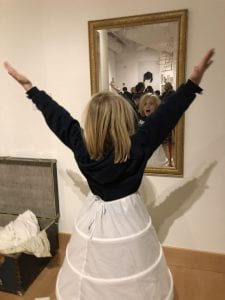 The researcher then turned to me in horror and asked, “Don’t they know if they are a girl or a boy?!”
The researcher then turned to me in horror and asked, “Don’t they know if they are a girl or a boy?!” Personally, I believe all the things that are broken about us, are what make us the most interesting. I have done lots of terrible things. I wished for this pandemic. I wanted more time with my boys and less time working. And that is, the best, worst thing I have done! Our jihad (spiritual/inner struggle) is a gift, a bridge to our humanity. It is how we practice gratitude and humility. It is how we ask for forgiveness for ourselves and our ancestors—who no longer can.
Personally, I believe all the things that are broken about us, are what make us the most interesting. I have done lots of terrible things. I wished for this pandemic. I wanted more time with my boys and less time working. And that is, the best, worst thing I have done! Our jihad (spiritual/inner struggle) is a gift, a bridge to our humanity. It is how we practice gratitude and humility. It is how we ask for forgiveness for ourselves and our ancestors—who no longer can.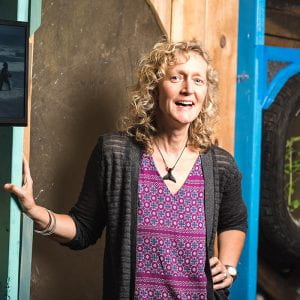 Originally from New York City, Tavia La Follette is a director, designer, curator and performance artist, and professor in the Department of Theatre Arts at Towson University. Tavia earned her MFA in Performance-Pedagogy from the University of Pittsburgh and her PhD in Leadership and Change through Culture and the Arts at Antioch University. She has taught, directed and designed at the Pittsburgh Center for the Arts, the Carnegie Museum, Colby College, Point Park University, Carnegie Mellon University, Earlham College, the University of Pittsburgh, Chatham University, and at the University of Virginia via the Semester at Sea program. Tavia is the Founder and Director of ArtUp, a non-profit arts organization whose mission is to bridge a language of peace through the actions of art. Currently, Tavia is the director of
Originally from New York City, Tavia La Follette is a director, designer, curator and performance artist, and professor in the Department of Theatre Arts at Towson University. Tavia earned her MFA in Performance-Pedagogy from the University of Pittsburgh and her PhD in Leadership and Change through Culture and the Arts at Antioch University. She has taught, directed and designed at the Pittsburgh Center for the Arts, the Carnegie Museum, Colby College, Point Park University, Carnegie Mellon University, Earlham College, the University of Pittsburgh, Chatham University, and at the University of Virginia via the Semester at Sea program. Tavia is the Founder and Director of ArtUp, a non-profit arts organization whose mission is to bridge a language of peace through the actions of art. Currently, Tavia is the director of